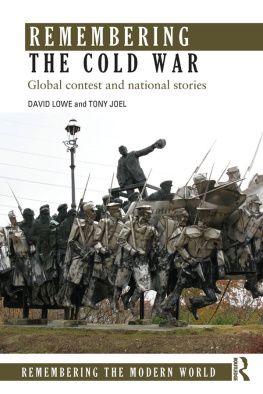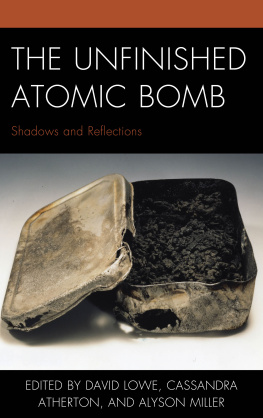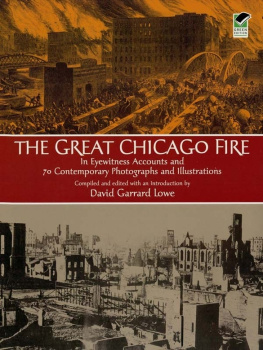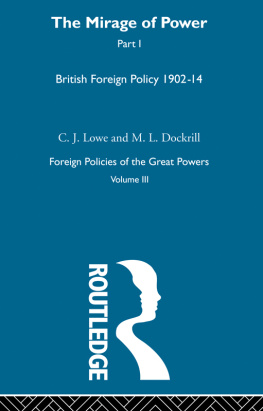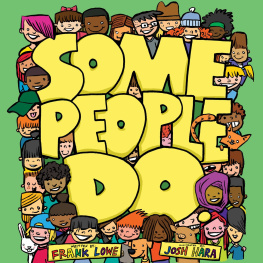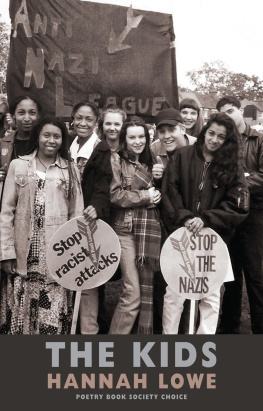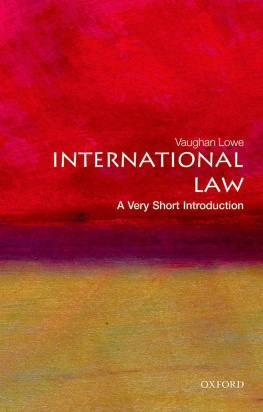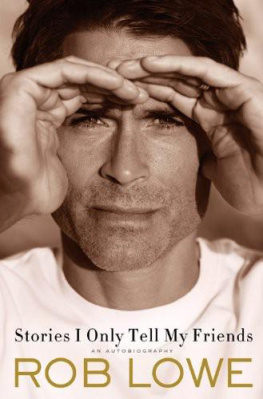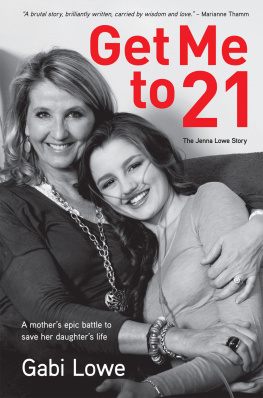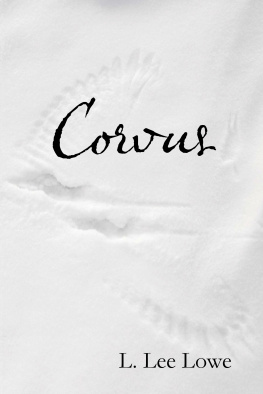Remembering the Cold War
Remembering the Cold War examines how, more than two decades since the collapse of the Soviet Union, Cold War legacies continue to play crucial roles in defining national identities and shaping international relations around the globe. Given the Cold Wars blurred definition it has neither a widely accepted commencement date nor unanimous conclusion what is to be remembered? This book illustrates that there is, in fact, a huge body of remembrance, and that it is more pertinent to ask: what should be included and what can be overlooked?
Over five chapters, this richly illustrated volume considers case studies of Cold War remembering from different parts of the world, and engages with growing theorization in the field of memory studies, specifically in relation to war. David Lowe and Tony Joel afford careful consideration to agencies that identify with being victims of the Cold War. In addition, the concept of arenas of articulation, which envelops the myriad spaces in which the remembering, commemorating, memorializing, and even revising of Cold War history take place, is given prominence.
David Lowe is Professor of History at the Alfred Deakin Research Institute, Deakin University, Australia. His research interests include the end of empires in Asia and the uses of history by politicians. He is the author/editor of seven books, including Australian Between Empires (2010) and Menzies and the Great World Struggle (1999).
Tony Joel is Lecturer in History at Deakin University, Australia. A former German Academic Exchange Service (DAAD) scholarship holder, his research interests include war memory and commemoration. Publications include The Dresden Firebombing: Memory and the Politics of Commemorating Destruction (2013).
Remembering the modern world
Series Editors: David Lowe and Tony Joel
The Remembering the Modern World series throws new light on the major themes in the field of history and memory in a global context. The series investigates relationships between state-centred practices and other forms of collective and individual memory; looks at the phenomenon of anniversaries and national days in the context of global and national identities; shows how some cities and sites play active roles in generating acts of remembrance and asks why some phenomena and events are remembered more widely and easily than others.
Remembering the Cold War
David Lowe and Tony Joel
Forthcoming titles in the series:
Remembering Genocide
Nigel Eltringham and Pam Maclean
Remembering the Great War
Bart Ziino
Remembering the Cold War
Global contest and national stories
David Lowe and Tony Joel
First published 2013
by Routledge
2 Park Square, Milton Park, Abingdon, Oxon OX14 4RN
and by Routledge
711 Third Avenue, New York, NY 10017
Routledge is an imprint of the Taylor & Francis Group, an informa business
2013 David Lowe and Tony Joel
The right of David Lowe and Tony Joel to be identified as authors of this work has been asserted by them in accordance with sections 77 and 78 of the Copyright, Designs and Patents Act 1988.
All rights reserved. No part of this book may be reprinted or reproduced or utilised in any form or by any electronic, mechanical, or other means, now known or hereafter invented, including photocopying and recording, or in any information storage or retrieval system, without permission in writing from the publishers.
Trademark notice: Product or corporate names may be trademarks or registered trademarks, and are used only for identification and explanation without intent to infringe.
British Library Cataloguing in Publication Data
A catalogue record for this book is available from the British Library
Library of Congress Cataloging in Publication Data
Lowe, David, 1964-
Remembering the Cold War : global contest and national stories / David Lowe and Tony Joel.
pages cm. (Remembering the modern world)
Includes bibliographical references and index.
1. Cold War. 2. Cold WarInfluence. 3. World politics19451989.
I. Joel, Tony. II. Title: Remembering the Cold War.
D843.L616 2013
909.825dc23
2013026371
ISBN: 978-0-415-66153-9 (hbk)
ISBN: 978-0-415-66154-6 (pbk)
ISBN: 978-1-315-85040-5 (ebk)
Typeset in Bembo
by Taylor & Francis Books
Contents
Organized thematically, this ambitious new series takes a broad view of what constitutes remembering great historical events and phenomena in the late modern period (i.e. since 1789). Volumes in the series draw on such things as: ceremonies associated with anniversaries and national days; episodes of memorialization and commemoration including museum exhibitions; filmic representations and popular culture; public discourse and debate as shaped and reflected by speeches of political and civic leaders; and school curricula etc. Remembering the Modern World makes a fresh contribution to memory studies by placing much emphasis on narrative (with substantive introductory chapters addressing the main theoretical and methodological issues), and by drawing on the strengths of complementary disciplines including History, Cultural Heritage, Anthropology, Journalism Studies, Sociology, International Relations, and Law. To complement the text, wherever appropriate volumes are encouraged to make widespread use of maps, timelines, illustrations, and especially photographs taken by contributing authors during field research.
The series offers a comparative glance across the contemporary world in a manner that explores both the reach of globalization and the insistence of localizing forces. As for themes projected for examination throughout the series, these include inter alia war and peace, genocide, political and social emancipation, imperialism, decolonization, terrorism, sporting triumphs, tragedies, and rivalries, heroes and villains, political revolutions and constitutional crises, and feminism.
Each book in the series will start with an overview of the most significant theoretical and methodological approaches historians and other scholars have deployed in relation to the kind of material being explored within the volume. The aim is to sketch the theoretical and methodological landscape, enabling interested readers to follow key references to what has become a well-theorized field. The substantive chapters thereafter might be theoretically suggestive, but primarily focus on presenting narrative constructed around whatever case studies are being remembered.
Remembering the Modern World throws new light on key themes for students, scholars, and general readers of contemporary history. The series aims to: provide greater understanding of relationships between state-centred practices and other forms of shared or common memories; examine the phenomenon of anniversaries and national days in the contexts of global and national identities; explore the transition zones between narrative histories and explorations of historys significance in contemporary societies; and ponder why some phenomena and events are remembered more widely and easily than others. In its ambitious geographical and topical reach, the series suggests connections and invites new research questions that inform further historical inquiry.


